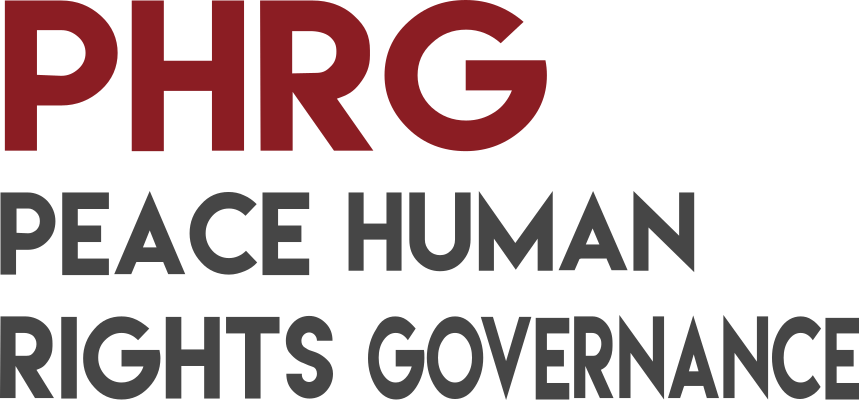On April 17, 1996, the massacre of nineteen landless peasants in Eldorado do Carajás, Brazil, became a symbol of rural oppression and sparked renewed international mobilization for the recognition of peasants’ rights. The adoption of the United Nations Declaration on the Rights of Peasants and Other People Working in Rural Areas (UNDROP) in 2018 marked a milestone in international human rights, following nearly three decades of sustained advocacy by peasant movements and allied non-governmental organizations. This article examines how civil society actors, primarily La Vía Campesina, CETIM, and FIAN International, contributed to the co-construction of this instrument by translating grassroots demands into international legal standards through an inclusive, participatory, and iterative process. Drawing on the experimentalist approach to human rights and the concept of vernacularization in reverse, the study analyzes the extent to which UNDROP reflects bottom-up norm development. The analysis is based on UN documents, NGO publications, and eleven semi-structured interviews with key participants. The article applies the five core features of experimentalist governance as developed by De Búrca and colleagues, namely shared problem framing, open-ended goal setting, localized implementation, peer-like feedback, and iterative revision. It demonstrates how civil society actors shaped both the content and the legitimacy of the Declaration through dynamic forms of engagement. The analysis highlights the complementary roles of grassroots movements and professional NGOs, showing how political legitimacy grounded in lived experience was combined with legal expertise and diplomatic access. Despite internal tensions over language, legal format, and strategy, the coalition maintained cohesion through negotiation and coordination. These dynamics enabled the articulation of new rights, including the rights to seeds, land, and food sovereignty, within a flexible legal framework. The findings underscore how civil society actors, through recursive interaction and transcalar advocacy, acted not as passive participants but as active cocreators of an innovative human rights instrument.
When Civil Society Plants the Seeds of Normative Change - the Role of Non-state Actors in the Adoption of UNDROP
Abstract
Keywords
Download
Mortelette A. (2025) "When Civil Society Plants the Seeds of Normative Change - the Role of Non-state Actors in the Adoption of UNDROP
", Peace Human Rights Governance, 9(2), 183-220. DOI: 10.25430/pupj-PHRG-2025-AOF-8
Year of Publication
2025
Journal
Peace Human Rights Governance
Volume
9
Issue Number
2
Start Page
183
Last Page
220
Date Published
07/2025
ISSN Number
2532-3474
Serial Article Number
2
DOI
10.25430/pupj-PHRG-2025-AOF-8
Section
Articles

 © 2026 Padova University Press - Università degli Studi di Padova
© 2026 Padova University Press - Università degli Studi di Padova